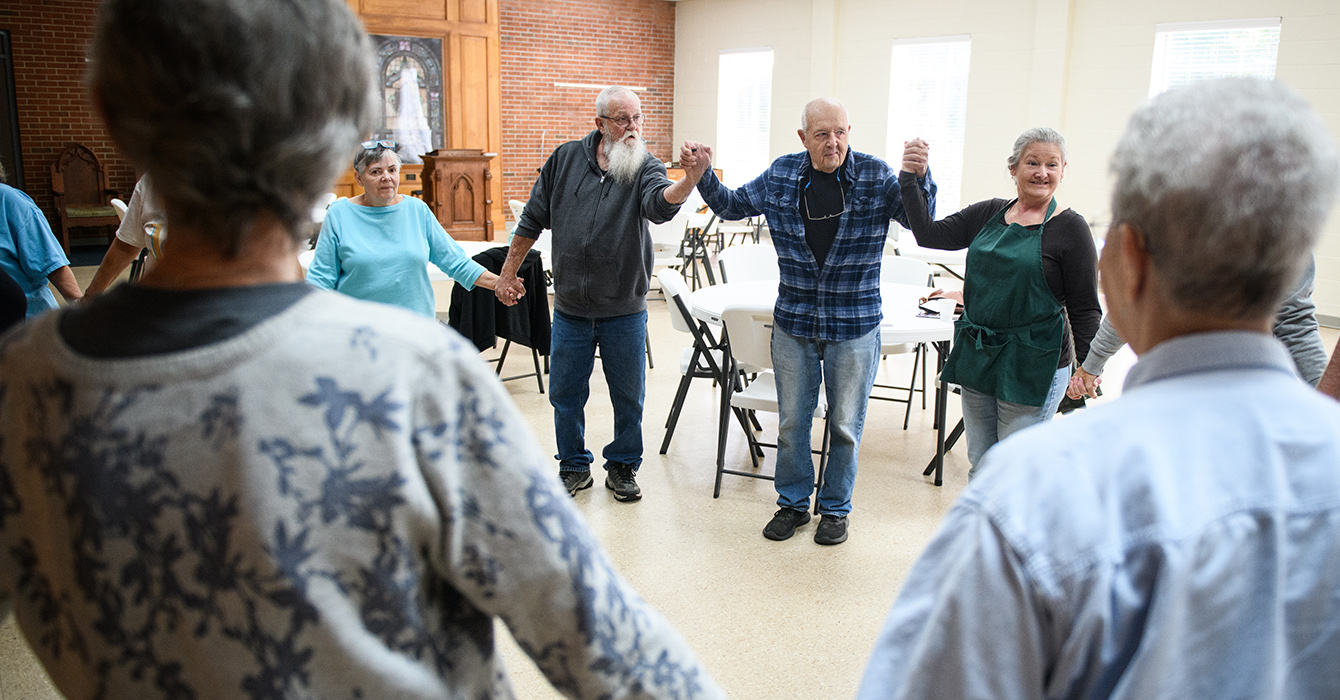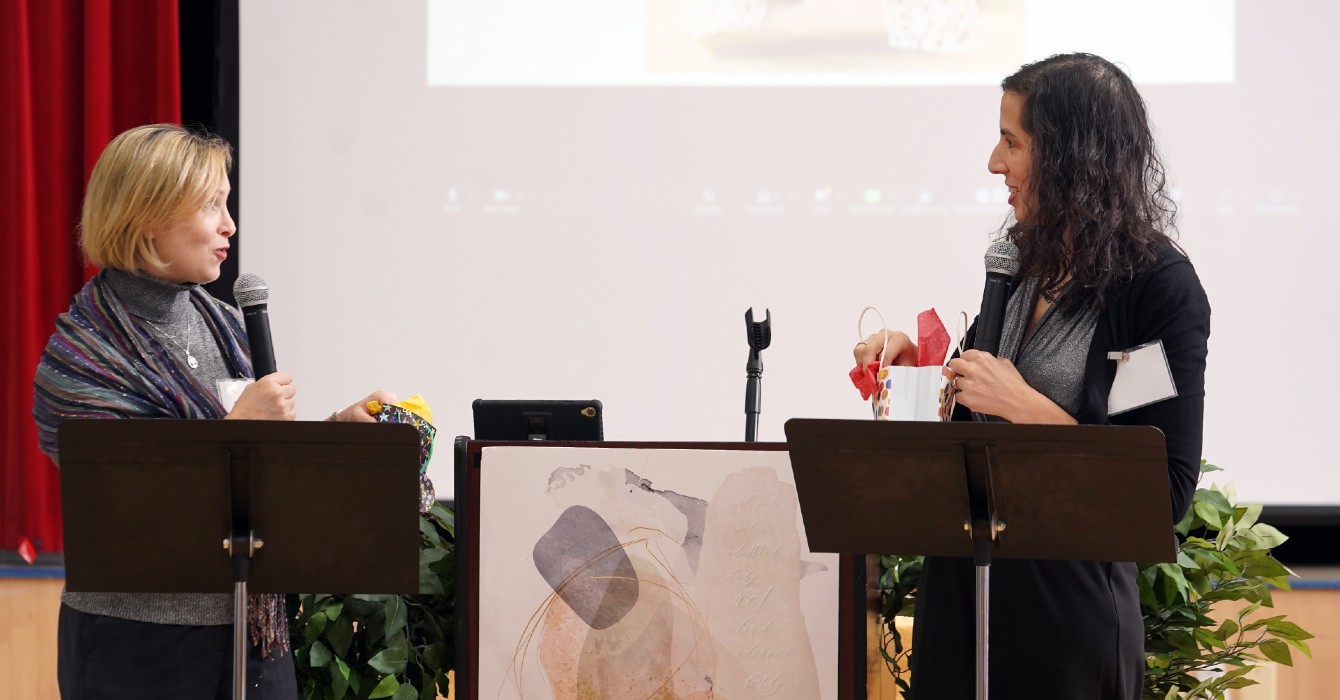Is your organization’s base strong enough to answer God’s call?
A painting must be created on canvas sturdy enough to support it. Likewise, congregations and organizations need a solid foundation if their ministries are to flourish, writes a director of programs and grants for Leadership Education at Duke Divinity



















